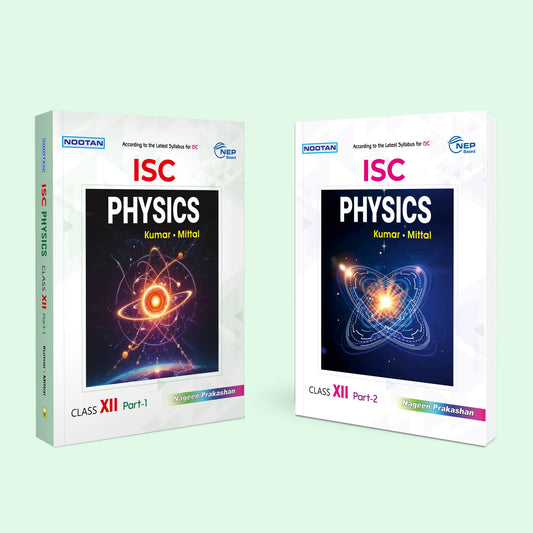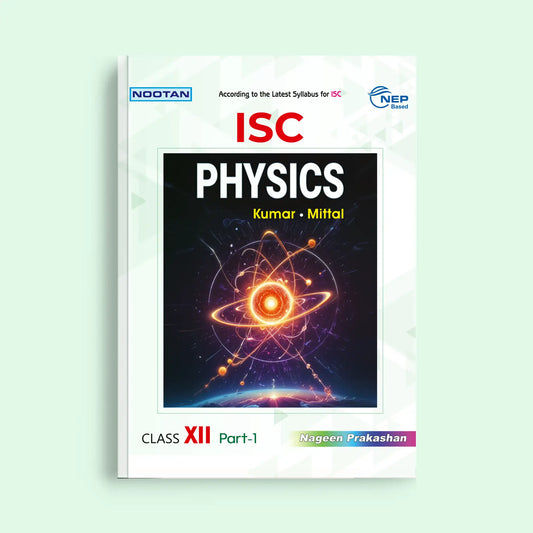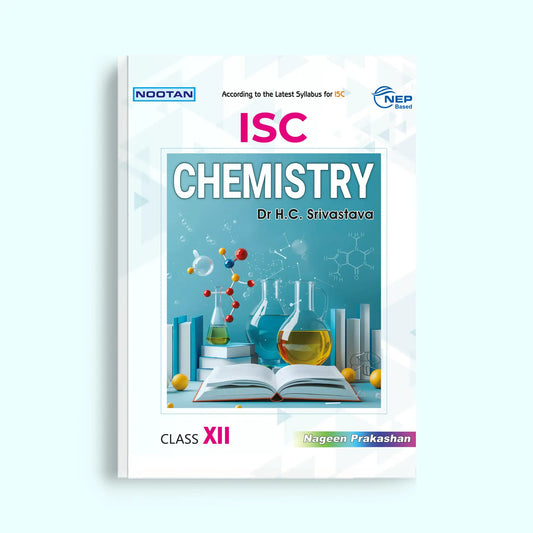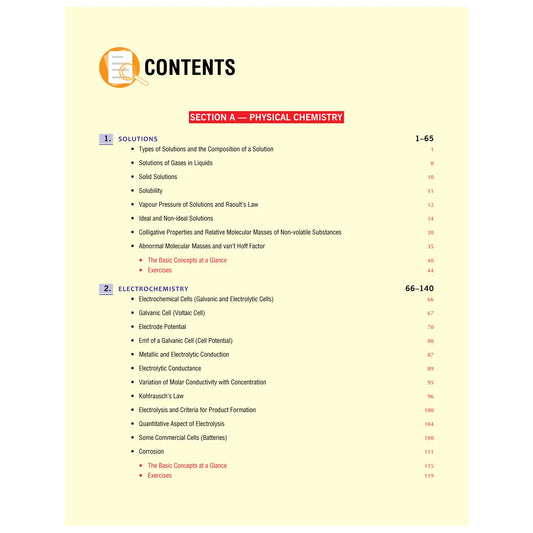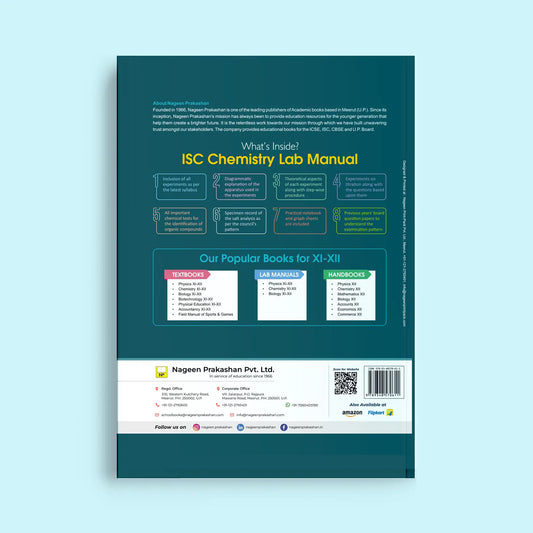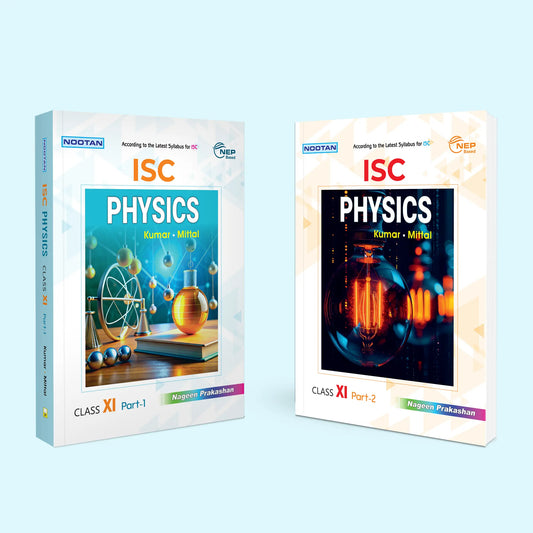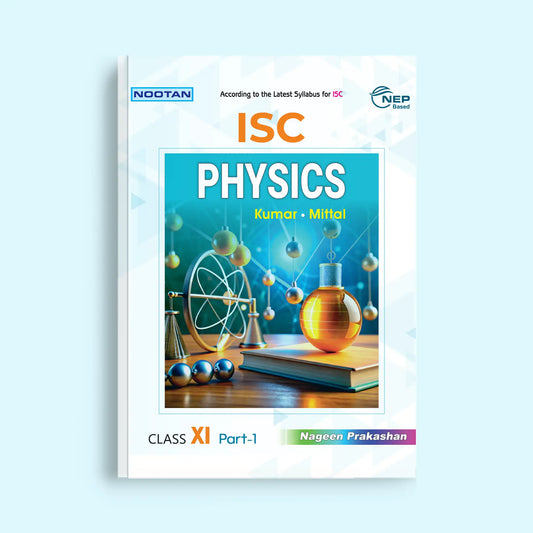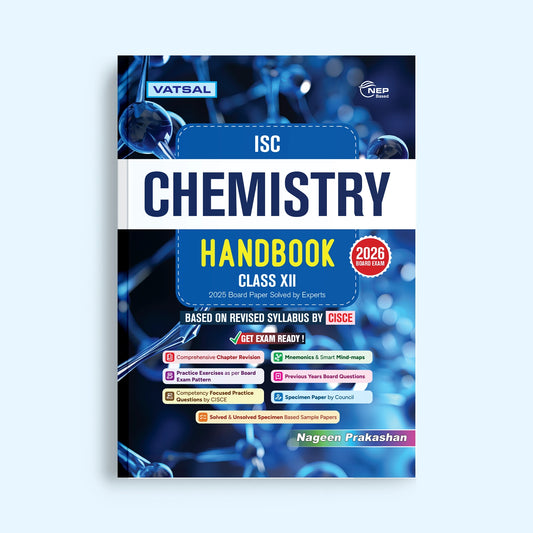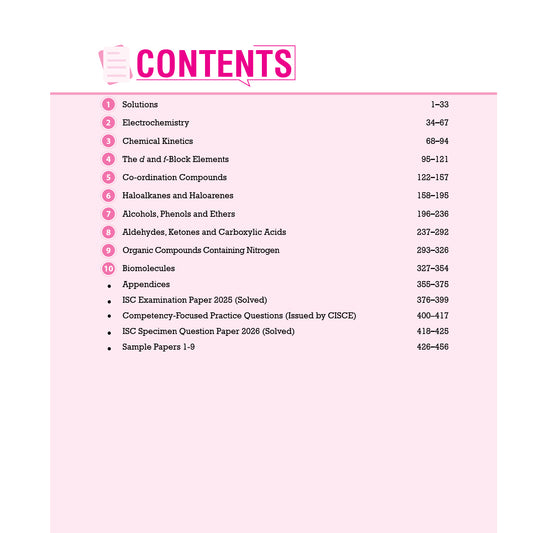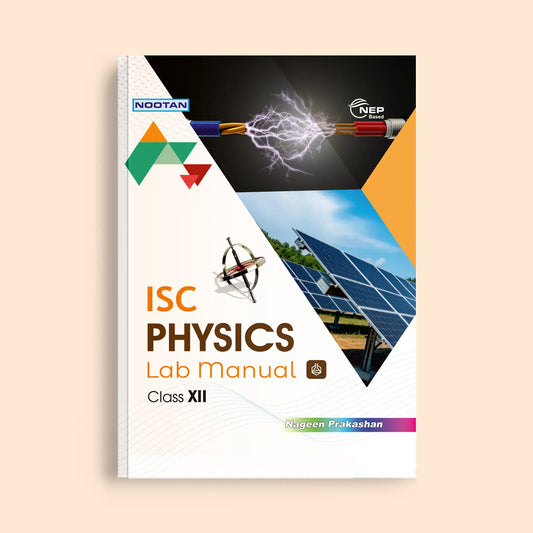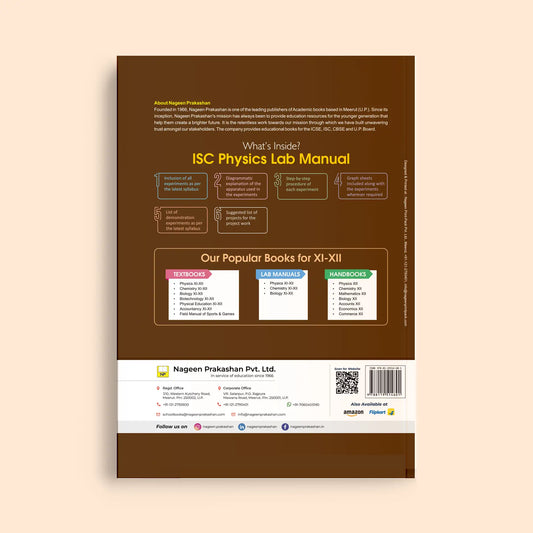
What are the Do's & Don’ts for the 10th Class ICSE Final Exam Week?
The 10th Class ICSE Final Exam Week is a deliberating duration that influences students' performance and confidence. If you have thought out Tuscan strategies, that will help to get through that intense week very smoothly. Failure to plan might result in nausea and stress but will also lead to failure. This does not mean you try to provide all the don'ts and do's on how this important week could be approached.
Crafting a Balanced Study Plan: Do's & Don'ts
Do's:
-
While priority would be given to concepts with higher weightage as per the official syllabus and past paper patterns, it is very important to give every subject its fair share of time.
-
Ensure that your goals in terms of what you will study in a day are achievable, allowing enough time to cover a subject without cramming.
-
Leverage techniques such as flashcards and mind maps in the form of active recalls to prompt consolidation.
-
Plan analysis breaks smartly: use the Pomodoro technique (25 to 30 minutes of study followed by a five-minute break) to keep your brain active and your concentration intact.
- Change subjects to keep your mind active.
Don'ts:
-
Don't leave your revision for the last few days—now it consumes most of your time and creates anxiety and tension.
-
Don't neglect the weaker subjects altogether while feeding your strengths.
- Avoid studying late at night, for it interferes with the brain's ability to focus by disrupting the body's natural sleeping pattern.
-
Most importantly, don't forget to revise; merely reading it once will not help in retaining the concept.
- No distractions: do not let your ability to concentrate divert your thoughts by any social media or mobile."
Smart Revision Techniques: What to Embrace and Avoid
Do's:
-
Summarize notes to revise instead of reading through the entire textbook.
-
Practice a sample of previous years' papers for question patterns.
-
Talk and explain things aloud as if you were addressing someone; this cements retention.
-
Use mnemonic devices as a method of remembering difficult terms or sequences.
- Question yourself often with quizzes and mock tests to determine your progress.
Don'ts:
-
Don't try to cram too much information into a short period.
-
Avoid passive reading, where you're just going through your notes.
-
Don't skip formulas and definitions in maths and sciences.
-
Don't switch between different reference books; stick to what you trust most.
- Avoid last-minute cramming or rushing in on new topics; go through backhouse material, instead.
Healthy Habits for Success: Dos for Body & Mind
Do's:
-
A balanced diet with brain foods such as nuts, fruits, and whole grains.
-
Drink plenty of water all day to stay hydrated.
-
Sleep—7 to 8 hours before an exam for focus and cognitive functioning.
-
Practice deep breathing for keeping calm.
- Light exercise, such as gentle stretching or a short walk, to keep the body active.
Steering Clear of Pitfalls: Common Don'ts During Exam Week
Don'ts:
-
Avoid excess caffeine or energy drinks since they will keep you awake and restless.
-
Don’t skip meals or eat junk food; this will affect your gastronomy.
-
Don’t allow stress; avoid negative self-talk.
-
Don’t compare your studies with that of a friend, as it becomes a source of anxiety.
- Don't procrastinate; stick to a study schedule.
Exam Day Readiness: Essential Do's & Don'ts
Do's:
-
Prepare your essentials (admit card, stationery, ID) a night prior.
-
Get up early so that you have sufficient time to get ready.
-
Have a light but nutritious breakfast that prevents you from feeling fatigued.
-
Read instructions carefully before you attempt the exam.
- Divvy up your time into precise minutes for each of the sections.
Don'ts:
-
Don’t rush through the paper, and be sure to read questions before you answer.
-
Don’t spend too much time on one question. That could result in incomplete answers.
-
Don't leave unanswered questions; attempt them logically.
-
Don’t panic: it tends to cloud the thinking.
- Don’t discuss the answers immediately after the examination, as that can affect your mindset for the next paper.
Conclusion
By observing these Do's and Don'ts, you will be able to face your ICSE 10th Class Final with clarity and confidence. A well-balanced study plan, proper revision techniques, and a healthy lifestyle will contribute to optimal performance. Be sure to handle yourself positively, remain focused, and observe steadfast discipline throughout your exam week.
Final Words
Exams are not only factual in nature; they also require strategy, time management, and poise. If you follow the tips mentioned here, you will gain better results, lesser stress, and create your own road to success. Stay focused and give your best!

